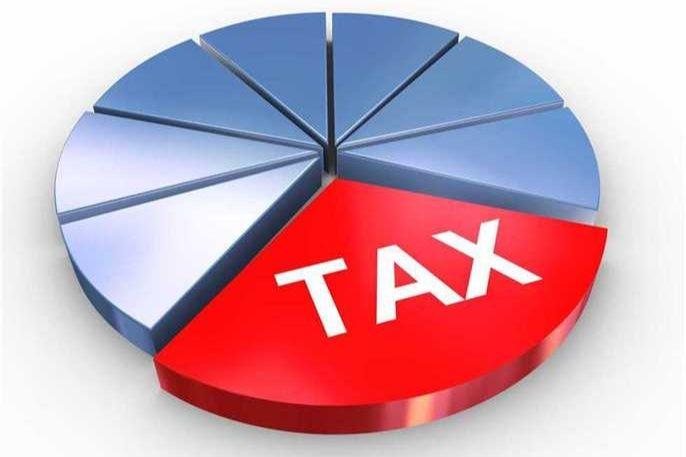The Canada Emergency Response Benefit (CERB) has recently been extended – a maximum of $12,000 is payable under the program with the extension. This $12,000 (or any CERB amount you receive) is considered taxable, but it differs from traditional taxable income.
More often than not, income is taxed at the source. You’ve almost certainly noticed this on your paycheck, where you’ll see your gross pay (without taxes) and your net pay (with taxes, EI, CPP, and other applicable fees deducted). With the CERB, this is not the case – the amount you receive might be thought of as your “gross” pay, so the government is going to require you to pay taxes back on the CERB when tax time rolls around.
How will the CERB be taxed? That depends heavily on the other income you receive in the year, which means we get to look at everyone’s favourite topic: marginal tax rates! Canada’s marginal system (sometimes called a progressive tax system) means that the more money you make, the more taxes you’ll pay. The reason it’s called a marginal system is that you only pay extra taxes on income over the margin. In other words, if you made $49,535 in a year, you’d be taxed 20.5% on $1,000, then 15% on $48,535 (though the calculation isn’t actually quite this simple, as you’ll soon see).
All of this doesn’t account for provincial taxes. You can find Manitoba’s tax rates here – every province has its own tax scheme. To figure out how much you’re going to have to pay for the CERB, you’ll have to take your gross income, add the CERB on top, then figure out what tax bracket the CERB falls into. You might find it falls between two tax brackets, in which case you’ll have to pay different percentages on different parts of the CERB.
For example, let’s say you’re a Manitoba resident who made $40,000 in gross income in 2020 without counting the CERB, and that the $40,000 you made was taxed at source. Assuming you get $12,000 from the CERB, you’d have to pay 12.75% on that amount (or $1,530) to cover Manitoba’s tax. You’d then have to pay 15% on $8,535 ($1,280.25), then 20.5% on $3,465 ($710.33) for federal tax. In total, then, you’d have to pay $3,520.58 out of the $12,000 you received come income tax time. You should have at least that much put away.
All of the calculations laid out here are, of course, not considering a number of tax breaks you might be getting for all sorts of different reasons. As such, you should take this as a very basic breakdown of how the CERB might be taxed. For a more detailed, comprehensive breakdown of your specific tax situation, get in touch with us for our personal and business accounting services.

